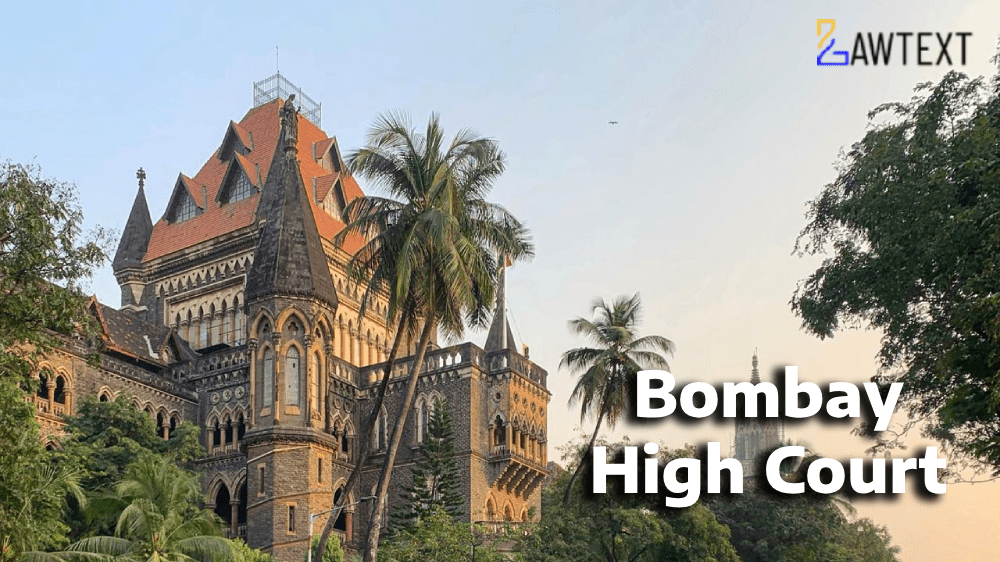Court Upholds Eviction Decree in Property Rent Dispute. Petitioner's appeal dismissed, reaffirming the plaintiff's right to recover possession and arrears of rent.

CASE NOTE & SUMMARY
A dispute over property rent payments and ownership, where the petitioner challenges a decree from the District Judge, Nashik. The decrees relate to Regular Civil Suit No. 73 of 1984 and Miscellaneous Application No. 279 of 1985. The case involves arrears of rent, proper service of a termination notice, and the rights of a tenant versus the landlord's right to eviction.
Case Overview
- Petitioner’s Challenge: Against District Judge, Nashik’s decree dismissing their civil appeal.
- Decrees in Question: Related to Regular Civil Suit No. 73 of 1984 and Miscellaneous Application No. 279 of 1985.
Facts of the Case
- Suit Premises: Three rooms and an enclosed platform in Municipal House No. 3309, originally owned by the late Hafizabi Kadar Khan Pathan.
- Defendant’s Tenancy: Tenant paying monthly rent of Rs. 55.
- Partition Claim: After Hafizabi’s death, the plaintiff claimed ownership of the entire ground floor.
- Arrears of Rent: Rent allegedly in arrears from January 1, 1975, with repeated demands for payment.
Plaintiff’s Claim
- Termination Notice: Notice served on November 19, 1983, terminating tenancy and demanding arrears and possession.
- Recovery Sought: Arrears of rent totaling Rs. 1,980 plus ongoing rent until possession was recovered.
Defendant’s Defense
- Ownership Dispute: Denial that the plaintiff alone became the owner.
- Payment Claims: Payment of reduced rent after room collapse, and contesting the service of notice.
Trial Court’s Decision
- In Favor of Plaintiff: Defendant in arrears for more than six months.
- Dismissed Defendant’s Application: For standard rent fixation.
Appeal and Writ Petition
- Dismissed Appeal: Defendant’s appeal and application to present additional evidence dismissed.
- Writ Petition: Filed by the defendant with an interim stay.
Legal Arguments
- Plaintiff’s Argument: Correct default finding by the trial court.
- Defendant’s Argument: Improper service of notice and questioning the plaintiff’s title.
Court’s Analysis
- Proper Service: Notice was properly served.
- Unsubstantiated Claims: Defendant failed to prove payments to alleged co-owner.
- Default Findings: Upheld trial court’s findings of default.
Conclusion
- Decrees Upheld: Trial and appellate courts’ decrees confirmed the plaintiff’s right to recover possession and arrears of rent.
Legal Precedents and Application
- Section 12 (3) (b) of the Rent Act: Strict compliance with rent deposit requirements.
- Standard Rent Application: Must be filed within one month from receipt of notice to claim protection.
Court’s Final Judgment
- Eviction Decree: Defendant’s failure to comply with rent deposit and standard rent application requirements led to eviction decree.
- Writ Petition Dismissed: No interference with concurrent findings of trial and appellate courts.
Post-Judgment Request
- Interim Order Extension: Extended for eight weeks after judgment.
ISSUE OF CONSIDERATION
Shaikh Ibrahim Shaikh Mohamad Hanifsaheb Lrs. Versus Mohamudkhan Kadar Khan Pathan Ors.
Citation: 2024 LawText (BOM) (7) 152
Case Number: WRIT PETITION NO.1998 OF 1995
Date of Decision: 2024-07-15
Case Title: Shaikh Ibrahim Shaikh Mohamad Hanifsaheb Lrs. Versus Mohamudkhan Kadar Khan Pathan Ors.
Before Judge: SANDEEP V. MARNE, J.
Advocate(s): Mr. Pradeep Thorat with Ms. Aditi Naikare for the Petitioners. Mr. Pramod N. Joshi for Respondents
Appellant: Shaikh Ibrahim Shaikh Mohamad Hanifsaheb Lrs.
Respondent: Mohamudkhan Kadar Khan Pathan Ors.

